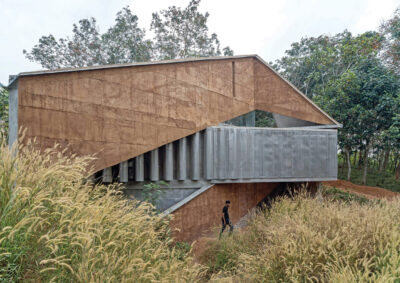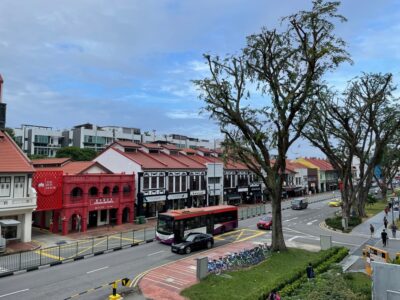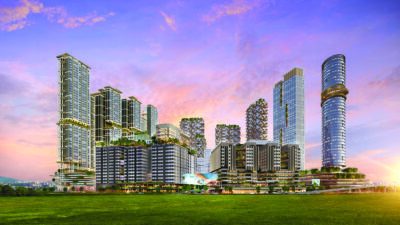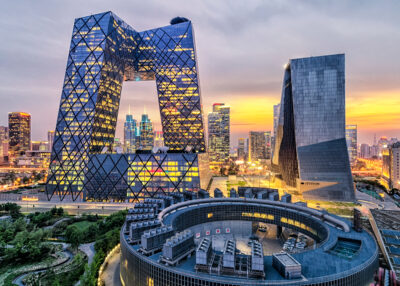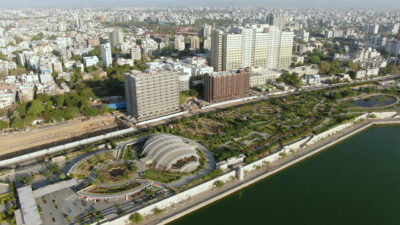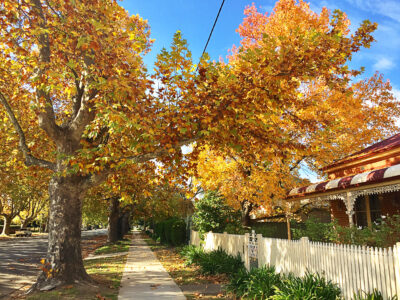Cambodia’s property sector rises above politics
The kingdom’s buoyant real estate industry is proof that a seemingly immovable governing dynasty is no hindrance to a market approaching its peak
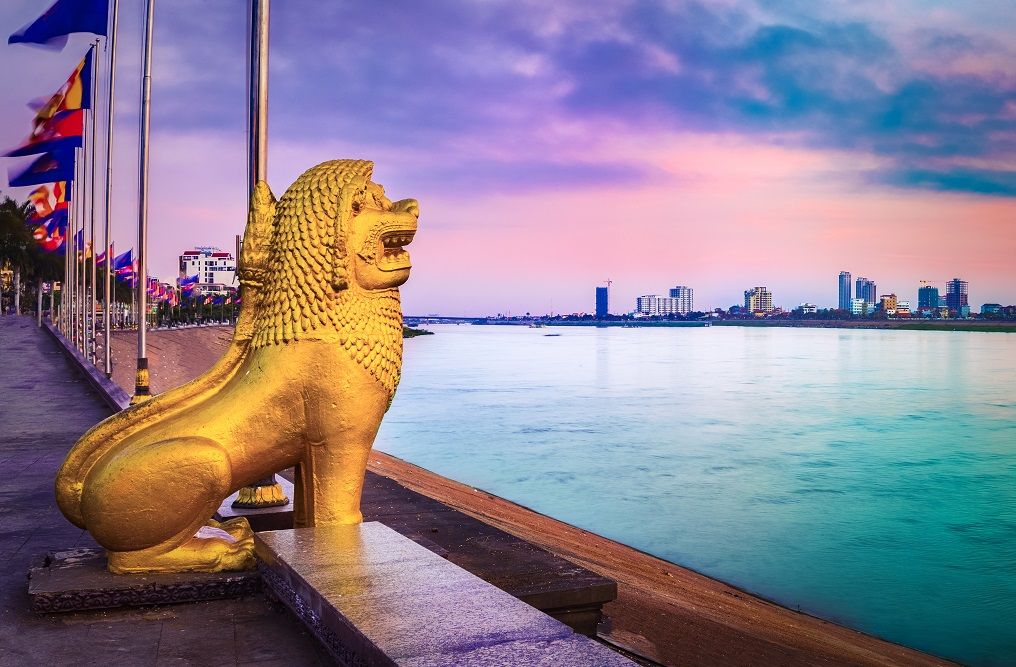
Last year was the one many hoped would see the political tide turn in Cambodia. But as Hun Sen chipped away at Cambodia’s thin veneer of democracy in the months leading up to last year’s election, it was clear the status quo would remain unchallenged.
Hun Sen crushed the outspoken independent press, and through the courts dissolved the main opposition party in the days leading to the election. He had perfected his rhetoric of threats and intimidation aimed at voters, firing insult after insult at the U.S. and others who dared criticise him.
With Cambodia sliding into outright autocracy — Hun Sen’s fiery performance is possibly his most brazen act of defiance in more than 30 years in power — many felt the economy would be destined to suffer.
And yet, even in the face of shrinking civilian freedoms, it didn’t. In fact, business leaders were so unruffled in the days before the vote that many spoke with a pang of guilt about the economy’s resilience.
“Compared to the previous election year in 2013, when market activity slowed considerably, Cambodia’s real estate sector remained buoyant during 2018,” says Ross Wheble, country head of Knight Frank Cambodia.
Cambodia’s real estate sector has achieved unprecedented growth in the past few years as excitement builds around big shiny condos.
Indeed, real estate has been one of the country’s best performing sectors in recent years and one of the pistons powering the economy.
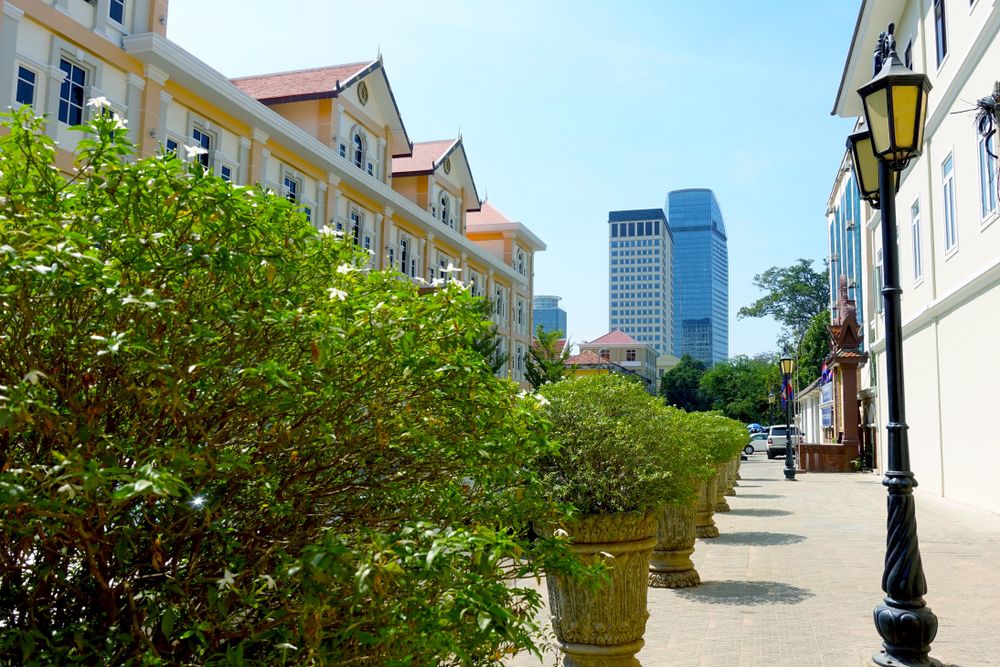
Fears, however, have been surfacing that the huge supply of units coming onto the market would propel it headlong into a bubble. Whilst no such disaster has materialized, with secondary markets having provided a lifeline, signs of softening have emerged.
The fourth quarter last year saw a total of eight new projects completed, releasing 2,234 units on the market. The highest influx in completed supply is in the mid-range segment, which accounted for over 40 percent of the total completed stock.
Yet, despite weathering the political drama, the market saw a drop in approved investment, a move thought to try and regulate supply and demand. According to the latest statistics from the Ministry of Land Management, Urban Planning and Construction, the volume of approved projects in the final quarter of the year is estimated to have fallen from 898 in third quarter to 490.
Real estate services company CBRE, in its recent fourth quarter update, reports: “Whilst the year is anticipated to have finished rather poorly, fears over the impact of the general election seem not to have affected investor confidence too strongly, with almost USD6 billion invested into construction and circa 3,400 projects approved over the year.”
More: PropertyGuru Cambodia Property Awards cast wider net on nominees for 2019 edition
Analysts expect growth in the supply trend of serviced apartments to moderate amid a deluge of units, with more mid-tier launches as in 2018 to compensate for sluggish sales of high-end properties. Some of those recent mid-tier launches include the condominiums East View, Sky 31, and The View, all of which typically include swimming pools and fitness centres and retail for around USD200,000 a unit.
Market sentiment in the year ahead remains optimistic, with Chinese property investment in second-tier cities largely providing the backbone for Cambodia’s economic growth in recent years. “Whilst the market certainly slowed as compared with 2017, the sector continued to attract sizeable foreign investment underpinned by investment from China as part of its ‘Belt and Road Initiative’,” says Wheble, referring to China’s major economic strategy.
Historically, the majority of investment in Cambodia has come from within Asia, but Wheble points out that in 2018, “there was a noticeable increase in the number of European and American companies looking to set up operations in the Kingdom, which is a good sign for the overall economy.”
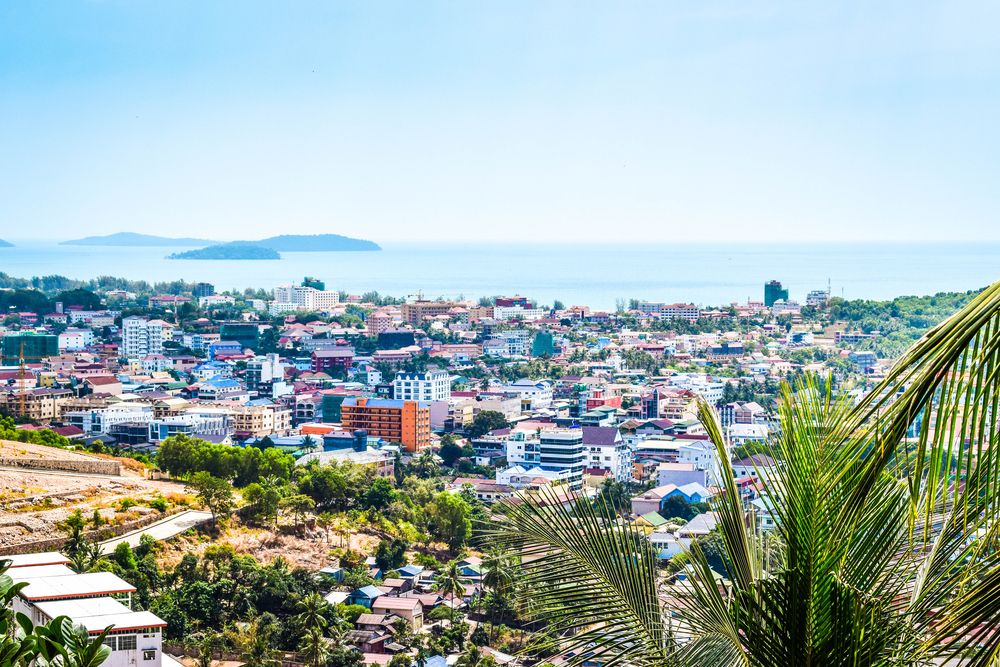
Whilst Phnom Penh is still where the flow of money in real estate is directed, Cambodia’s second-tier cities have shown incredible growth.
Sihanoukville, the southwestern coastal city, made international headlines last year for its astounding transformation. It has become a self-contained Chinese enclave. Factories and casinos comprise much of the economic activity while speculation continues to drive up land and property prices to unfathomable heights, having increased by as much as 200 percent over the past 12 months.
Sihanoukville boasts some sophisticated developments that wouldn’t look out of place in the likes of Bangkok or Jakarta. There is the SeaGate Suite, a USD200 million mixed-use development by KHCN International Investment & Development, and Blue Bay Resort, a USD200 million, 38-storey property.
A surprising new trend, however, is the emergence of luxury condominiums on the nearby islands and nature reserves. Among the most impressive are Six Senses Krabey Island, a private resort consisting of 40 free-standing pool villas; Alila Villas on Russey island, with each featuring a private swimming pool and garden; and the super luxury Shinta Mani Wild, a tented camp set amid lush rainforest in the heart of the Cardamom mountains, by the renowned hospitality architect Bill Bensley.
More: 6 top spots in Cambodia’s coast with the most
A couple of hours away from Sihanoukville, in the old colonial towns of Kampot and Kep, residents are also witnessing a spill-over in interest from Sihanoukville.
Chem Makara, a 26-year-old worker on a pepper plantation, moved to Kampot from Phnom Penh to escape the hustle and bustle a few years ago. His modest sized house is now worth almost four times what he paid for, as Cambodians come up from Phnom Penh to see which properties they can buy and later to sell to the Chinese. With cruise ships due to begin plying coastal routes along Cambodia and its neighbours, stopping at Sihanoukville and Kampot, among other places, local property owners like Makara are bound to benefit.
According to Realestate.com.kh’s annual Real Estate Survey, which asked over 2,000 respondents to rank the city or province they were most likely to purchase property, Phnom Penh is still the most sought-after destination to buy a home. Tom O’Sullivan, CEO of Realestate.com.kh, says that 75 percent of Cambodians still live in the countryside and see Phnom Penh as the most worthwhile place to buy a new home. “Ultimately, those who can afford to do so will purchase a property in the city,” O’Sullivan says.
An interesting new trend is the launching of developments in lesser-known, more residential areas of Phnom Penh, aimed at local buyers rather than foreigners. The most popular of these models is the borey, or gated community, a typically cheaper alternative to high-rises with less of the swanky add-ons.
WE [HAVE] FOCUSED ON THE ENVIRONMENT, GREEN SPACES, AND BEAUTIFULLY DESIGNED HOUSES IN OUR BOREYS. WE WANT CAMBODIANS TO FEEL PROUD THAT THEIR OWN PEOPLE CAN BUILD GOOD HOMES LIKE IN OTHER COUNTRIES
One company blazing a trail in this segment is Borey Peng Huoth Group. Thai Mengly, its CEO, told local media in an interview that when the company started in 2005, there was a lack of beautiful boreys, only flats and personal villas. Their biggest project to date is nothing short of ambitious—a satellite city consisting of 7,000 to 8,000 houses, many of which have already been sold.
“We [have] focused on the environment, green spaces, and beautifully designed houses in our boreys. We want Cambodians to feel proud that their own people can build good homes like in other countries. Our main target customers are middle-to-high income citizens,” says Mengly.
While boreys are not immune to the oversupply pressures affecting the condo markets, they are said to be more responsive to market shifts as developers can pause construction in a way high-rise developers can’t. The current oversupply of boreys is likely to be absorbed by the local middle-classes in the coming years, analysts say, with more tipped to launch.
“[T]here is growing demand from wealthy Cambodians in Siem Reap, as well as those based in Phnom Penh, and we anticipate more borey developments to be launched in the coming years,” Knight Frank states in its 2018 half-year report.
Aside from the downward pressure greater oversupply might put on sales and rental prices, which so far have remained steady, 2019 looks set to be a safe one for the property market.
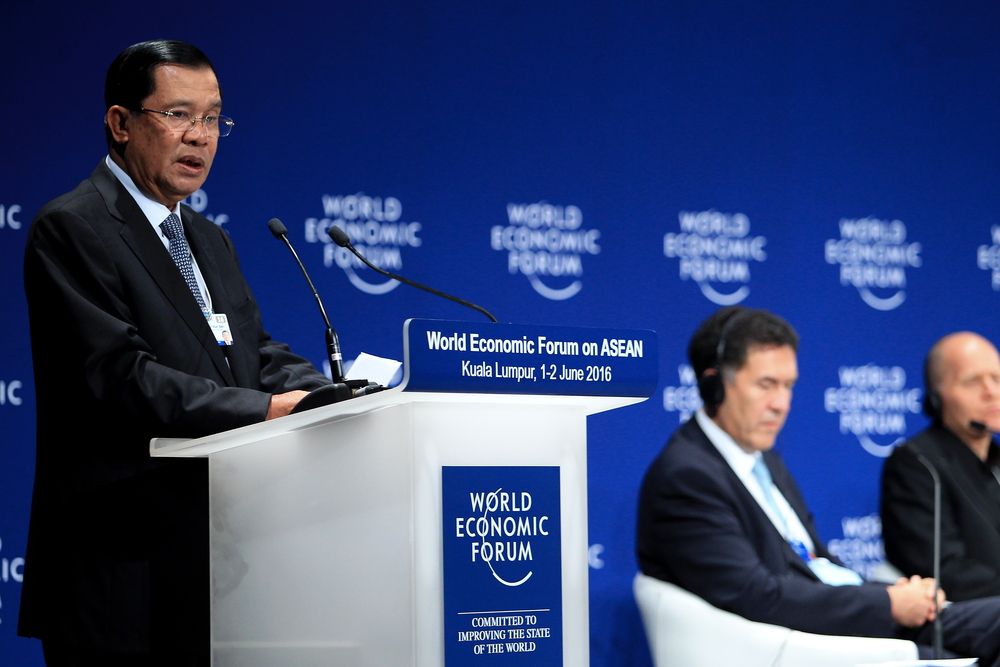
Yet the market will be holding its breath as Hun Sen continues his stand-off with foreign governments. Currently, he is locked in a war of words with the European Union over the removal of Cambodia’s tariff-free access to the bloc in retaliation for his smash-and-grab election win.
The EU trading arrangement has helped Cambodia’s garment and rice industries and the wider economy flourish, and an abrupt stop to that “would likely have negative repercussions across the wider economy and dampen demand for real estate over the short term,” Wheble surmises.
Hun Sen recently upped the ante and warned the opposition would be “dead” if the EU commit to their threat. “If you want the opposition alive, don’t do it and come and hold talks together,” he proclaimed.
The market will be hoping those talks go ahead.
Recommended
Meet the vagabond architect behind India’s housing scene
Vinu Daniel is helping to shake up India’s home building setting
Where Asian real estate stands in a fragmented, warmer world
Asia’s real estate industry faces many and varied challenges as external factors continue to bite
6 sights to see in Singapore’s Marine Parade
Handily located Marine Parade has emerged as a vibrant investment choice in the Lion City
There’s a township dedicated to health and wellness in Malaysia
Property seekers have their health needs catered for at KL Wellness City

